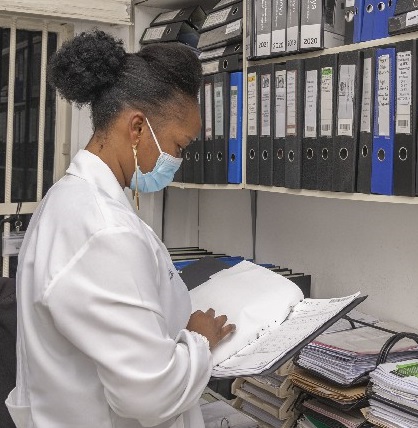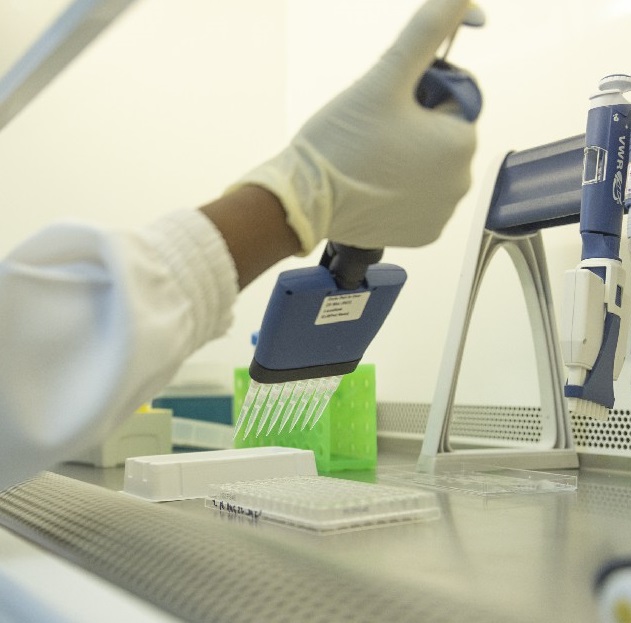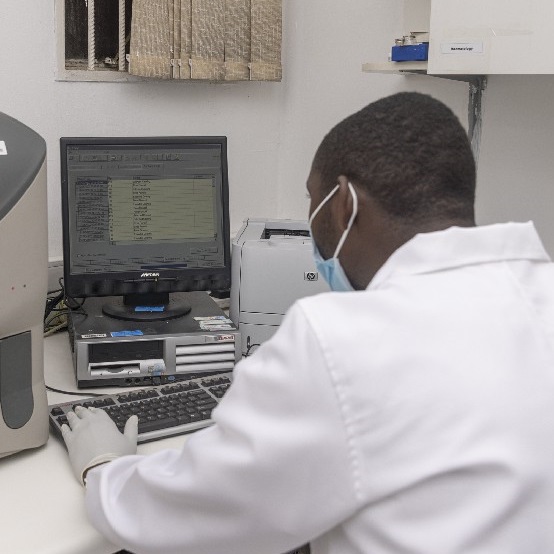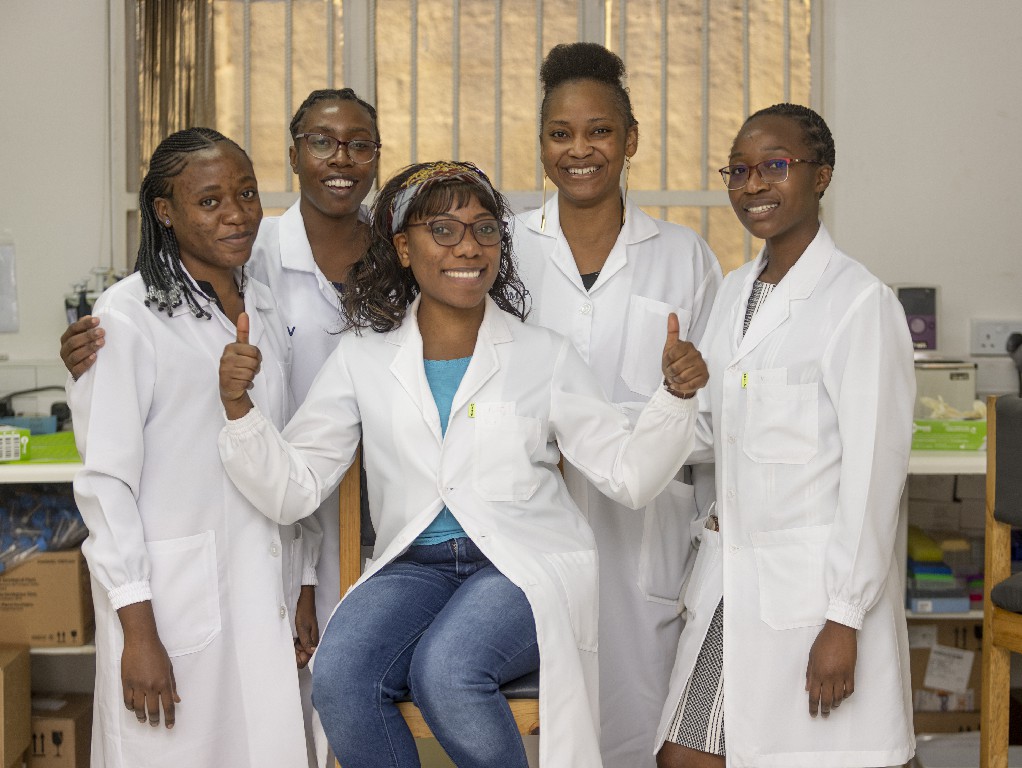Requirements
To participate in a research study, individuals generally need to meet specific
requirements. These can include factors such as age, health status, and meeting the
inclusion and exclusion criteria set by the researchers. Informed consent is crucial,
ensuring participants understand the study's purpose and potential risks and benefits.
Reviewing eligibility criteria and discussing any concerns with the research team is
essential before deciding to participate.





